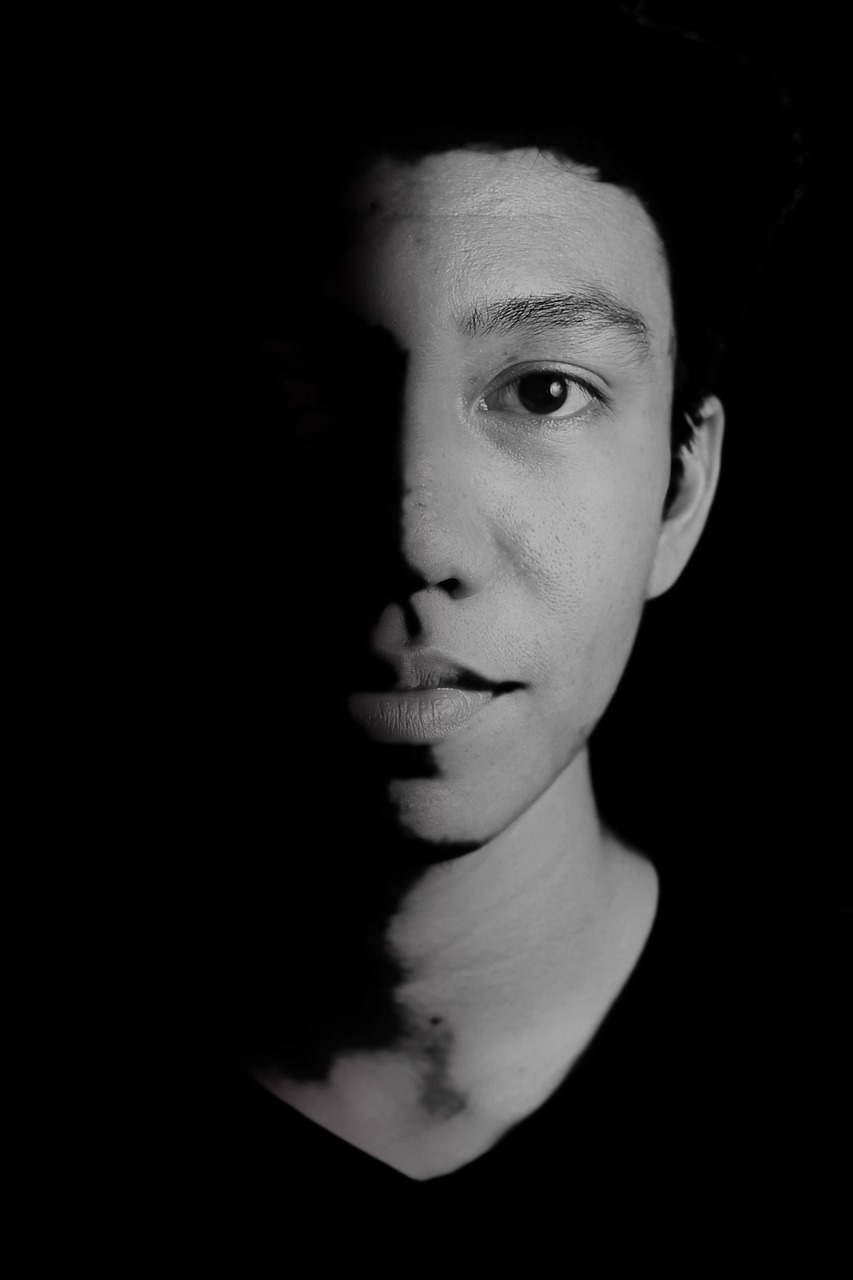What Helps with Withdrawal from Opiates?
I started using opiates the way a lot of people do; I had a prescription. Having suffered with chronic pain for a lengthy period, I needed something to dull the constant discomfort I lived with. When acetaminophen wasn’t cutting it, my doctor prescribed hydrocodone. My use was completely medical for a time, but I began taking more and more of the hydrocodone because it dulled my pain and it made me feel good. Before long, I was taking it with alcohol to intensify the feelings.
I knew that I needed help because my attempts to quit made me feel terrible. At first, I thought I had a bad case of the flu. I realized it must be withdrawals when returning to my hydrocodone use caused the symptoms to disappear. Quitting might have been a doable proposition if I had tried before I became dependent.
But, once I was having to cope with withdrawal symptoms, I couldn’t make it happen. There was no way for me to manage the discomfort. It was easier to keep using, even if that meant doctor shopping and getting the medication illegally.
Withdrawal symptoms keep a lot of people using opiates. If you are one of them, you need to know a professional, qualified drug treatment program can guide you through withdrawals and alleviate the pain and emotional instability. The following should help to make that clear. If you want to know more about rehab and the methods various programs use to treat patients, call 888-602-1971(Who Answers?). An expert can answer every single one of your questions, even ones about financing.
Why Do People Get Withdrawal Symptoms?
In addition to providing you with pain relief, opiates also give you a euphoric feeling because of the way they interact with your brain and body. Opiates attach to opiate receptors, which are primarily found in your brain and along your spinal cord. This causes the receptors to trigger the release of chemicals, like dopamine, that make you feel good. That’s the high that you get, and because your brain likes feeling that way, it associates opiates with pleasure. After that association is made, your brain will want to seek out opiates.
With repeated use, you develop dependence. According to the National Institute on Drug Abuse, dependence occurs when “the neurons adapt to the repeated drug exposure and only function normally in the presence of the drug.” Once your brain and body are accustomed to working with opiates present, they make adjustments and can no longer function without them. You have to keep using opiates just to feel normal.
When you stop using opiates and you are dependent, your body and brain get very unhappy. This is when withdrawal symptoms are triggered. Opiate withdrawal is very serious and users often return to the drug just to make the symptoms stop.
What Are Some Withdrawal Symptoms?
According to the Substance Abuse and Mental Health Services Administration, signs and symptoms of opiate withdrawal include:

Dilated pupils are a common symptom of opiate withdrawal.
- Cramping of the stomach and intestines
- Vomiting and nausea
- Diarrhea
- Bone and muscle aching
- Anxiety
- Speedy pulse
- High body temperature and blood pressure
- Trouble sleeping
- Dilated pupils
- Abnormally heightened reflexes
- Perspiring
- Gooseflesh
- Increased rate of breathing
- Yawning
- Tearing
- Runny nose
- Muscle spasms
Medical professionals use a Clinical Opiate Withdrawal Scale (COWS) to determine the level of opiate withdrawal a patient is experiencing. It gauges the degree to which certain symptoms—like pupil size and tremors—are present.
What Helps with Opiate Withdrawal?
The best way to make it through a withdrawal period is to be admitted to a drug addiction treatment program that includes detoxification. Detox is the first stage of any successful treatment and its goal is to assist patients through the difficult initial period after drug use ceases. Staff members work to alleviate your discomfort while the drugs are worked out of your system.
It is unlikely that your symptoms will be managed without medication, as experts agree that doing so is unnecessarily cruel to the patient. Instead, you will likely be given one of the following to help with withdrawal:
- Methadone
- Clonidine
- Buprenorphine
Most centers also use supplementary medications like Tylenol and Pepto-Bismol to treat specific symptoms not eased by the primary medication.
To learn more about the methods used in opiate addiction treatment, call 888-602-1971(Who Answers?) and speak with an addiction specialist. Don’t delay your recovery.





